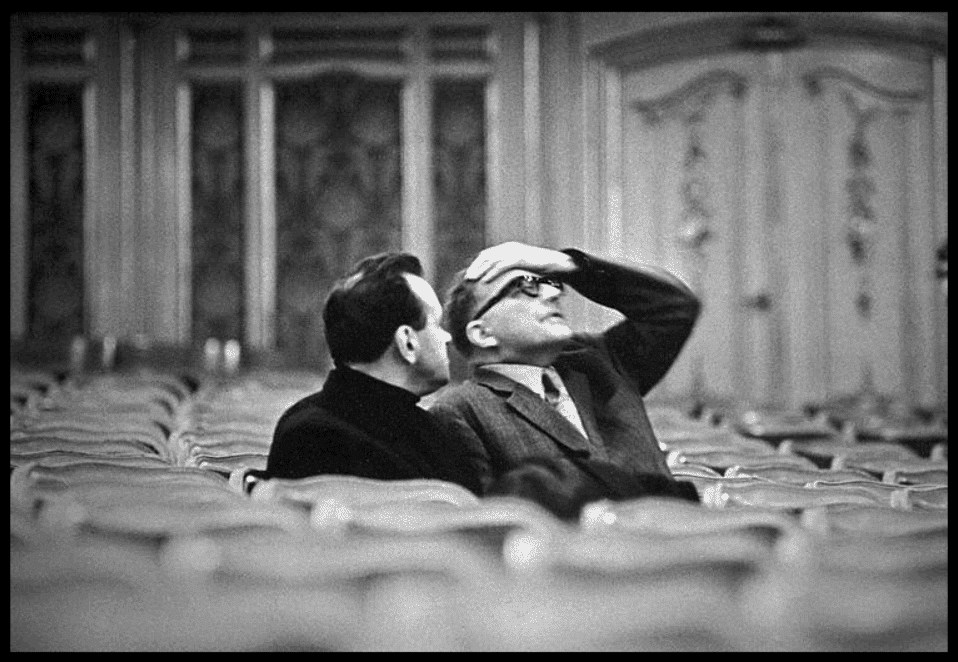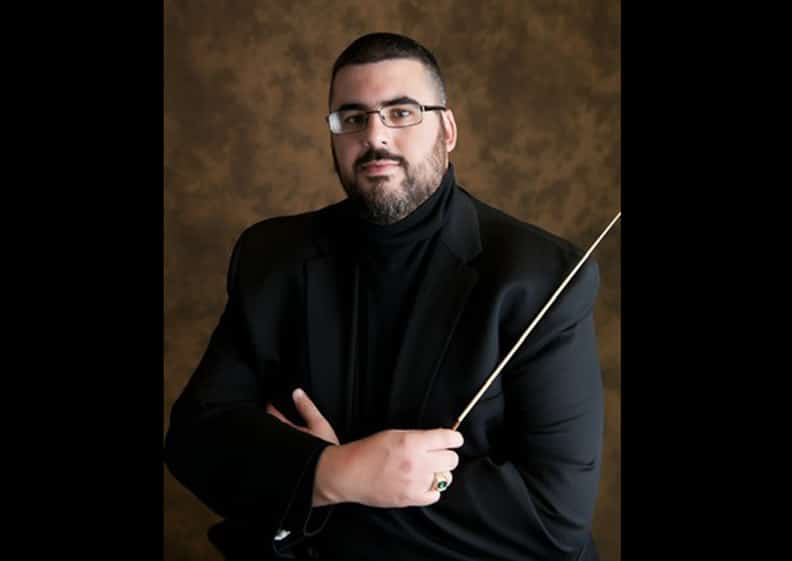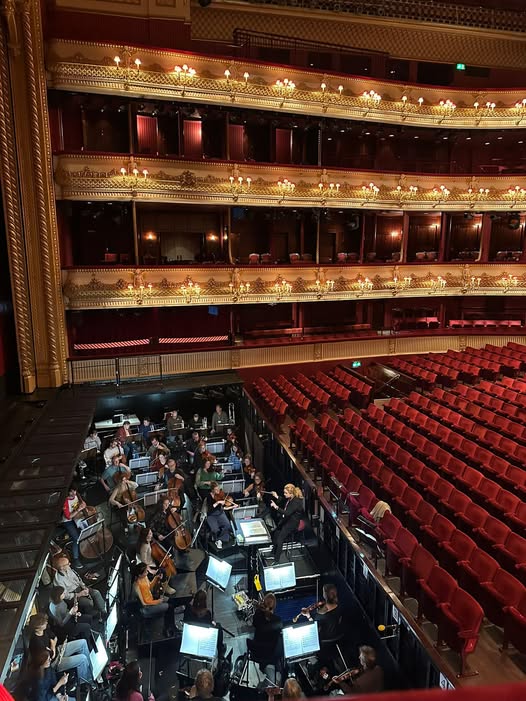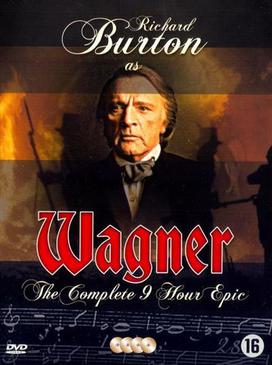Decca: The word from Herbert Breslin
mainHere’s a comment from Herbert Breslin:
Let’s face it. The thrust of Decca’s promotion, marketing, and publicity never materialized from London. For many years I was responsible for the public relations careers of Luciano Pavarotti, Joan Sutherland, Alicia de Laroccha, early Marilyn Horne and later Georg Solti. Without what my office accomplished, not one of these artists would have made the important, powerhouse career they did.
True, Decca produced the records and they were extraordinary. But the what then was taken over by me. Without the work by me as well as the work of important colleagues such as Edgar Vincent, Cynthia Robbins, among others, Decca Records would never have dominated the US marketing, Billboard charts and sales.
Herbert Breslin
Norman Lebrecht adds:
Herbert’s right, of course. So long as Decca was an independent, self-standing label, it made good records and employed a range of people, in-house and out, to promote them. Terry McEwen, who effectively created classical Decca in the US and invented the phenomenon Pavarotti (against some opposition from London), was the mind behind this strategy. See Herb’s book for more, and mine.
Once Decca came under corporate control, these publicity skills withered. One of the so-called ‘efficiency’ arguments for gathering labels under one big roof is that centralised marketing will cost less and sow benefits across the board. Universal has given the lie to that.
Instead of records being driven by the excited imaginations of artists and producers, all big-budget projects at Universal arose from the whim of a corporate executive, serving some inarticulate policy paper that first got him the job. That’s the tragedy of Decca, and so much else in the dying sector. Classical records could have survived a while longer as a cottage industry at Decca, Philips, Erato, Teldec and more. It’s the corps that killed them.





I see a future for classical music along the lines of other subcultures like hardcore or jungle. With own specialised labels and a small but fanatic group of followers. It’s interesting to compare (and note the similarities) between websites and social media linked to music niches mentioned above, and those linked with classical music.
Greetings, Rolf
Dear Norman Lebrecht,
As for Decca’s epitaph, Isn’t it ironic that it was Brilliant records that re-issued the 1952 Tchaikovsky 1812 Boult Decca legendary recording that transforms the overture into a symphonic poem, replacing the firework gimmicks of later recordings by releasing the imagination of the listener thanks to Boult’s intelligent, magisterial conducting? That’s the Decca recordings that will always be fresh and be treasured.